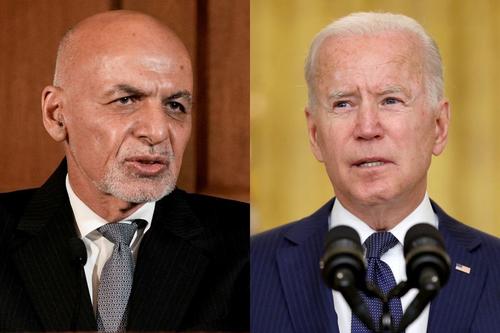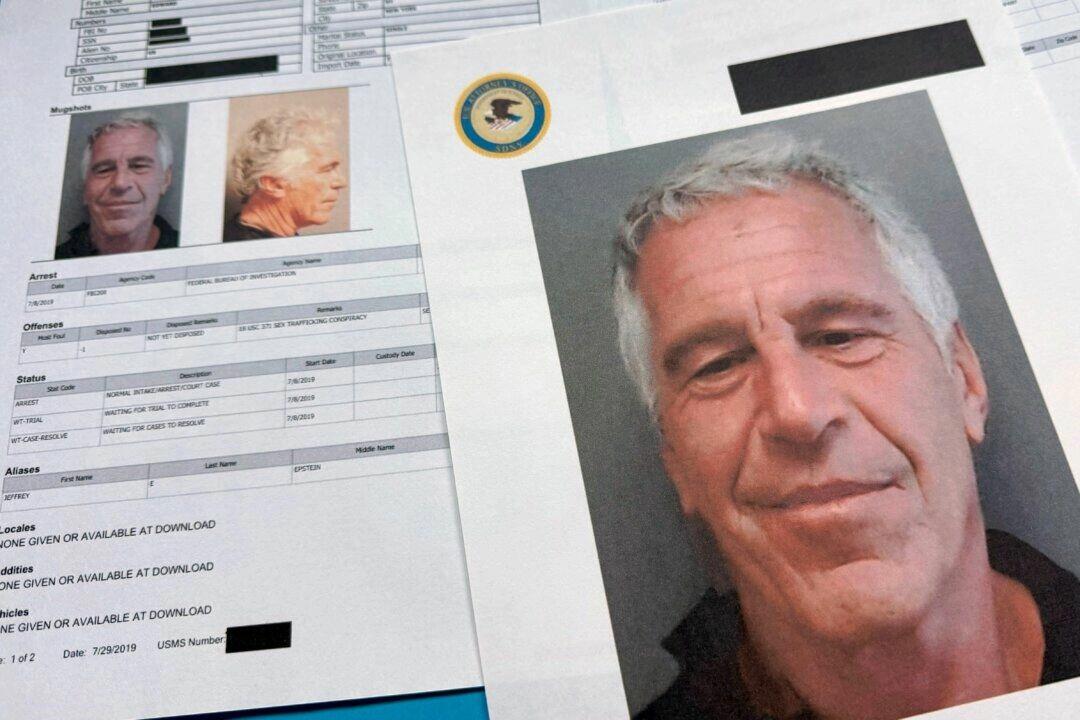This article is all about Afghanistan, but in reality it isn't. It is about modern politics and how it has become obsessed with "Control of the narrative" to the detriment of reality and how our leaders now believe that how you describe something actually modify that something. In other words: "How they believe their own bullshit!"
In the case of Afghanistan, clearly, reality was what it was and denying that the Talibans were winning did not delay their victory one Iota.
The same, eventually, will happen with Covid-19. For most people in good health, the virus is not dangerous and conversely the rDNA vaccines are of little use and may even be more dangerous than the virus due to the spike which more than anything is the toxic part. But the narrative, for the time being, is that life can only return to normal with the vaccine. It will not. Quite the opposite in fact. It is promoting the emergence of variants. Lambda from Peru and Mu from Columbia.
The narrative is that unvaccinated people and spreading the virus and filling hospitals. This is false. But reality will not change the narrative. It will have to crumble under the onslaught of news. At which stage, a new narrative will be created. And so our society is going down, one false truth at a time...
Biden Told Afghan President To "Create Perception" Taliban Wasn't Winning "Whether It Is True Or Not"
Despite all evidence to the contrary, President Biden appeared before the American people on Tuesday to try to sell his version of the American withdrawal from Afghanistan.
With a straight face, Biden half-shouted to the American people about the "extraordinary success" of the evacuation effort - an assessment that seemed completely at odds with the reality of the situation - before trotting out some equally specious stats: the US had successfully evacuated 90% of Americans who wanted to leave Kabul, and Biden committed to doing everything in his power to help those left behind.
But just as President Biden was delivering his prepared remarks, Reuters was quietly publishing a leaked transcript from the president's final call with Ashraf Ghani, which took place in late July. The call offers a more realistic picture of a Biden Administration obsessed with the optics of the pullout, who was still pushing the Afghans to focus on an irrelevant strategy shift to try and make it look like they were doing something in the face of Taliban defeat.
A few weeks later, the Afghan president fled Kabul with sacks full of plundered cash just before the Taliban surrounded the city. He's now believed to be hiding in the UAE.
Although Biden seemed aware that the situation on the ground appeared grim, Biden demanded that Ghani project "a different picture" to the press and the international community "whether or not it was true".
“I need not tell you the perception around the world and in parts of Afghanistan, I believe, is that things are not going well in terms of the fight against the Taliban,” Biden said. “And there is a need, whether it is true or not, there is a need to project a different picture."
Biden told Ghani that if Afghanistan’s prominent political figures were to give a press conference together, backing a new military strategy, "that will change perception, and that will change an awful lot I think."
It's also clear that Biden knew it was only a matter of time before the Taliban completed its takeover of the country. His main goal was making sure Ghani did everything in his power to try and manage the Afghan Army's defeat with as little embarrassment as possible.
Despite probably knowing that details from his final call with Ghani would surface, Biden repeated his claims that nobody could have anticipated the Taliban's rapid advance.
During the call, the Afghan president pleaded with Biden for more air support and a raise for Afghan soldiers who hadn't received one in a decade, Biden offered mostly platitudes.
"We are going to continue to fight hard, diplomatically, politically, economically, to make sure your government not only survives, but is sustained and grows," said Biden.
By the time the two leaders spoke on July 23, roughly 23 days before the fall of Kabul, Taliban insurgents controlled roughly half of Afghanistan's district centers as the situation in the country rapidly deteriorated. Around this time, Biden insisted that the fall of Afghanistan to the Taliban wasn't inevitable.
Although the situation in Afghanistan was already dire, and the American forces were withdrawing their air support, Biden continued to push Ghani about holding a press conference to announce a new military "strategy" that was really just window dressing.
"But I really think, I don’t know whether you’re aware, just how much the perception around the world is that this is looking like a losing proposition, which it is not, not that it necessarily is that, but so the conclusion I’m asking you to consider is to bring together everyone from [Former Vice President Abdul Rashid] Dostum, to [Former President Hamid] Karzai and in between," he said.
"If they stand there and say they back the strategy you put together, and put a warrior in charge, you know a military man, Khan in charge of executing that strategy, and that will change perception, and that will change an awful lot I think."
Ghani responded by saying Afghanistan was facing not just the Taliban, but their foreign backers.
"We are facing a full-scale invasion, composed of Taliban, full Pakistani planning and logistical support, and at least 10-15,000 international terrorists, predominantly Pakistanis thrown into this."
In other words, the problem of defeating the Taliban wasn't going to be fixed by a press conference. And the new "strategy" of abandoning rural areas to protect population centers was really the last available course of action, since the Taliban dominated the rural districts.
The bottom line is this: President Biden clearly knew the dissolution of the Afghan government and swift triumph of the Taliban was inevitable, but he was so preoccupied with managing the optics of the pullout, that he neglected to focus on planning for the final stages of the US withdrawal, all while appearing to believe his own BS about changing the strategy on the ground.



No comments:
Post a Comment